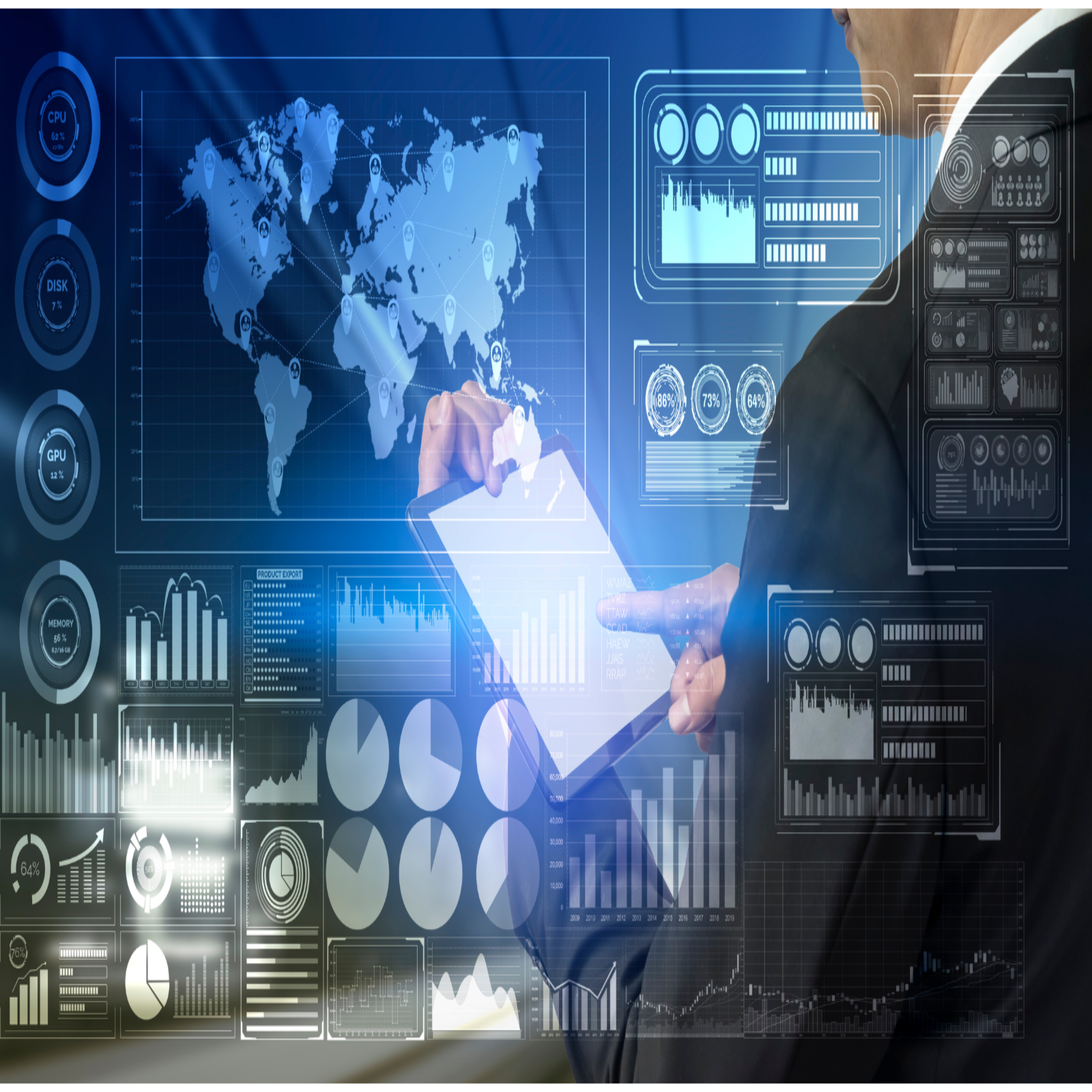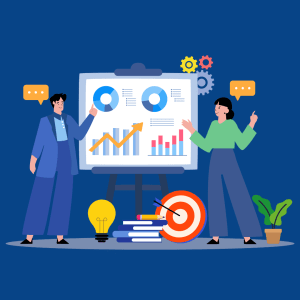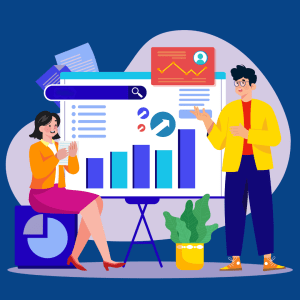
Introduction
As we navigate through a period of unprecedented technological growth, the forthcoming half-decade is poised to unleash a series of innovations that will fundamentally redefine the landscape of global industries. The relentless pace of progress in areas such as artificial intelligence (AI), blockchain, 5G, and renewable energy is not just accelerating—it’s paving the way for a future that once seemed the realm of science fiction. For businesses and individuals alike, understanding these advancements is crucial, as they present both immense opportunities and significant challenges.
The Impact of Artificial Intelligence in Healthcare
Artificial Intelligence continues to remain a colossus in the domain of technological advances, with applications across every possible industry. Among the transformational impacts AI has on healthcare, the diagnostic potentials of artificial intelligence are characterized as being extremely accurate, with the help of advanced algorithms to analyze medical imaging faster and even better than human practitioners. This technology also gives way to the era of personalized medicine, where predictive AI algorithms can identify patients’ responses to various treatments in order to allow for highly individual therapeutic strategies.
Blockchain Beyond Cryptocurrency
Initially celebrated for its role in the emergence of cryptocurrencies, blockchain technology has found robust applications well beyond digital currencies. Industries such as logistics and finance are harnessing blockchain to create transparent, efficient, and secure systems. For example, in finance, blockchain facilitates faster transactions and enhances security, reducing the prevalence of fraud and errors. Similarly, in logistics, it ensures the integrity of the supply chain, from verifying the origin of goods to ensuring that all regulatory compliance measures are met.
The Rise of 5G Technology
The entry of 5G into the marketplace heralds the revolution in our inter connectivity infrastructure that will touch on mobile networks and industrial IoT applications. This is supporting data transmission speeds that will be just overwhelming for 4G. It is said that 5G technology is going to open a whole new chapter in the servicing of the Internet, full of new applications requiring real-time data exchange—think autonomous vehicles or advanced telemedicine solutions. In addition, 5G will also avail better consumer experiences with greater streaming service and advanced mobile gaming capabilities to usher in better content delivery innovation.
Automation and Robotics
The integration of automation and robotics into industrial and everyday contexts continues to advance, driven by developments in AI and machine learning. In manufacturing, robots are not only replacing tasks that are dangerous or tedious for humans but are also increasing precision and efficiency, leading to higher productivity and reduced operational costs. Furthermore, the use of drones and autonomous ground vehicles in delivery services is beginning to disrupt traditional logistics, promising a future where delivery is faster, cheaper, and more accessible.
Renewable Energy Technologies
The shift towards sustainability is perhaps most visible in the energy sector, where renewable technologies are rapidly evolving. Innovations in solar panel efficiencies and wind turbine designs are making these energy sources more viable even in less traditionally ideal environments. Additionally, advancements in energy storage technologies, such as batteries capable of holding larger capacities of power for longer duration, are solving intermittent issues related to wind and solar energy production. This shift not only helps combat climate change but also represents a significant economic opportunity as the demand for green technology continues to grow.
Biotechnology and Healthcare
Biotechnology is set to profoundly impact healthcare by advancing genetic engineering and regenerative medicine. The next five years may well see these technologies curing previously intractable diseases, creating genetically modified organisms that can withstand changing climatic conditions, or even reversing aging processes. This period will also witness significant advancements in the integration of biotechnology with digital innovations, leading to enhanced capabilities in diagnostics, treatment personalization, and patient monitoring.
Quantum Computing
Quantum computing, although still in developmental stages, is expected to create paradigm shifts in fields requiring immense computational power. Its potential to process exponentially more data compared to classical computers could lead to breakthroughs in material science, complex system modeling, and cryptography. The latter, in particular, could see a complete overhaul in its methodologies, as quantum computing offers new ways to secure data in an increasingly interconnected world.
Conclusion
The technology landscape for the next five years will be dynamic, with changes at a very high pace and full of advancements. In the case of industries, the key is adaptation, which will need to be done not just to survive but to thrive in the emerging world that is going to be digital and connected. For an individual, the observance of these changes is going to be equally important, since the impacts of these technologies are going to flow into every dimension of life.
What is the most promising technology for the future?
Artificial Intelligence remains a potent force due to its extensive potential across various domains, promising to drive innovation and efficiency.
How can businesses prepare for these technological changes?
Staying adaptable, investing in technology literacy, and proactive integration of new technologies into business models are essential strategies for staying competitive.
What are the ethical considerations of AI in the workplace?
A major concern with AI in the workplace involves the ethical issues that come with it, including job displacement, invasion of privacy, and non-transparency of decisions made. These issues can be accounted for by firms through the responsible integration of AI, where AI augments human workers, maintains clear guidelines on data use, is fair, and transparent in decisions it drives.
Explore More:


